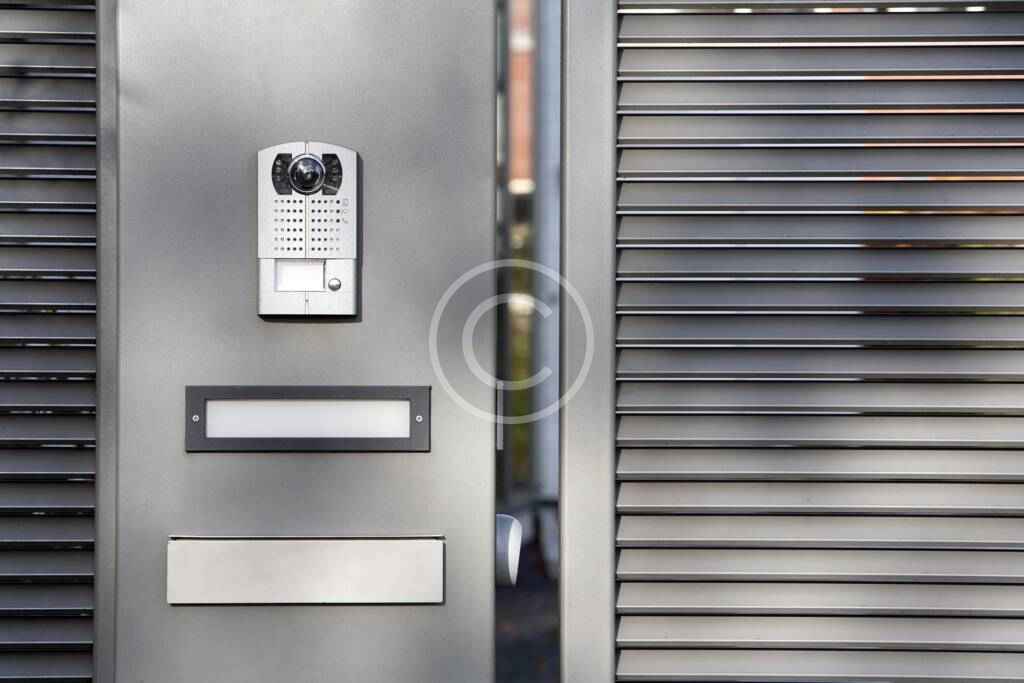BW Facilities Company offers civil engineering services. Civil engineering services encompass a wide range of activities related to the planning, design, construction, and maintenance of various infrastructure projects and developments. Here are some key aspects and roles within civil engineering services that BW Facilities Company may provide:
- Infrastructure Design:
- Civil Engineers: Professionals who plan and design infrastructure projects, such as roads, bridges, highways, and drainage systems.
- Structural Engineers: Specialized engineers responsible for designing and analyzing structures like buildings and bridges to ensure their safety and stability.
- Construction Management:
- Construction Managers: Oversee construction projects, including budgeting, scheduling, and coordinating construction activities.
- Site Supervisors: Monitor on-site construction work, manage subcontractors, and ensure compliance with safety regulations.
- Project Planning and Development:
- Project Planners: Develop project plans, feasibility studies, and budget estimates for infrastructure projects.
- Urban Planners: Specialized professionals focused on city and regional planning for sustainable development.
- Geotechnical Engineering:
- Geotechnical Engineers: Investigate soil and foundation conditions, ensuring structures are built on stable ground.
- Soil Testing Technicians: Conduct soil tests and analyze soil samples to determine their engineering properties.
- Environmental Engineering:
- Environmental Engineers: Address environmental aspects of civil projects, including wastewater treatment, pollution control, and sustainability measures.
- Environmental Consultants: Provide expertise in environmental impact assessments and compliance with environmental regulations.
- Transportation Engineering:
- Transportation Engineers: Design and optimize transportation systems, including roads, highways, and public transit networks.
- Traffic Engineers: Focus on managing traffic flow, road safety, and signal systems.
- Water Resources Management:
- Hydrologists: Study water availability, distribution, and management, including flood control and water supply systems.
- Water Resources Engineers: Design water infrastructure, such as dams, reservoirs, and water treatment facilities.


Construction Materials Testing:
- Materials Testing Technicians: Conduct tests on construction materials like concrete, asphalt, and steel to ensure quality and compliance with standards.
- Surveying and Mapping:
- Land Surveyors: Measure and map land, providing accurate data for construction projects and property boundaries.
- GIS (Geographic Information System) Specialists: Manage spatial data and create maps for planning and decision-making.
- Safety and Compliance:
- Safety Inspectors: Ensure construction sites comply with safety regulations, conduct safety audits, and implement safety measures.
- Code Compliance Specialists: Verify that construction projects meet building codes and zoning regulations.
- Project Documentation:
- Document Controllers: Manage project documentation, records, and communication among project stakeholders.
- Cost Estimation and Budgeting:
- Quantity Surveyors: Prepare cost estimates and budgets for construction projects, including materials, labor, and equipment.
- Facilities Management:
- Facilities Managers: Oversee the maintenance and operation of built infrastructure, including buildings and utilities.
BW Facilities Company’s provision of civil engineering services plays a vital role in the planning, development, and execution of infrastructure projects. These services are essential for creating safe, efficient, and sustainable built environments, and they contribute significantly to the growth and development of communities and regions.
